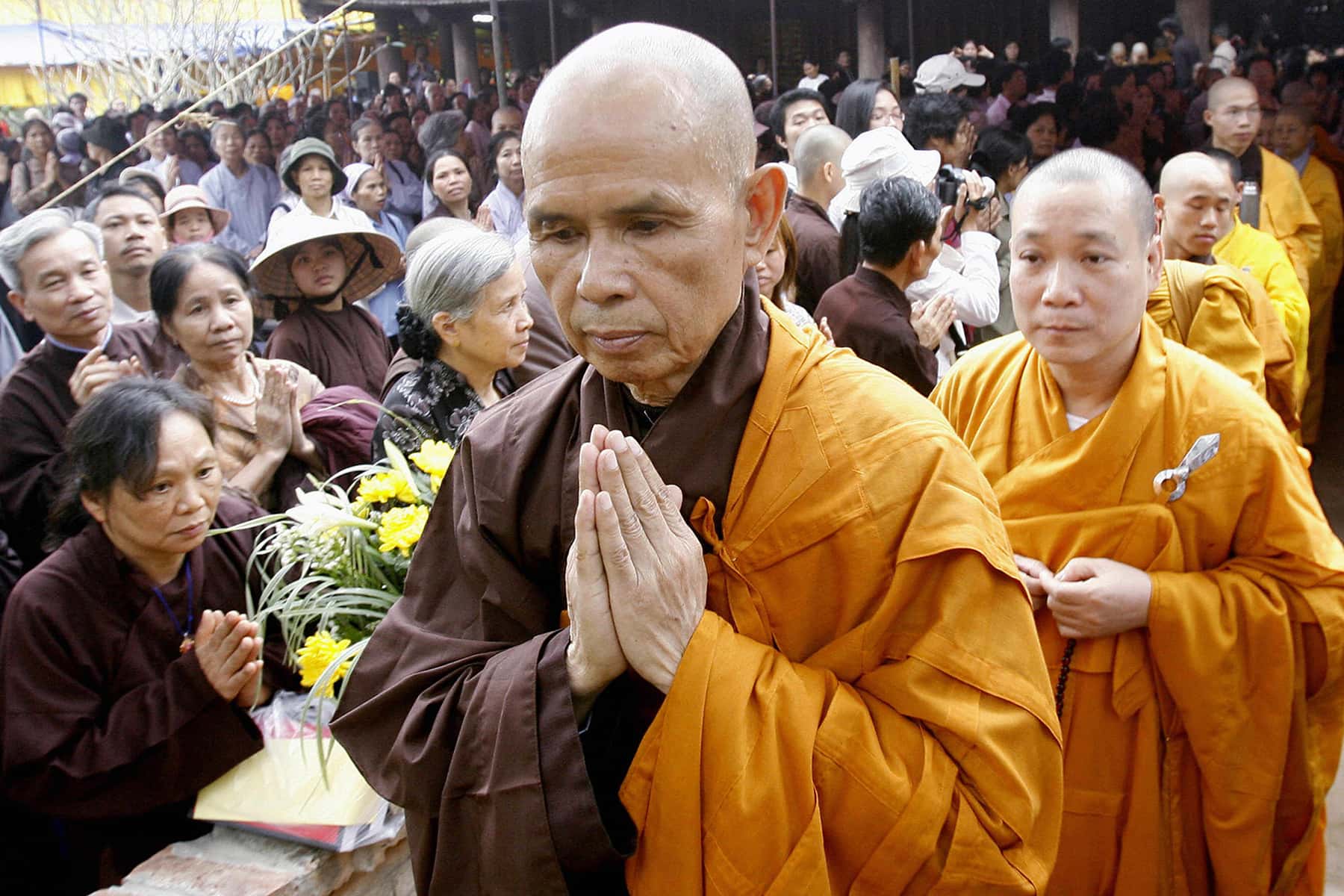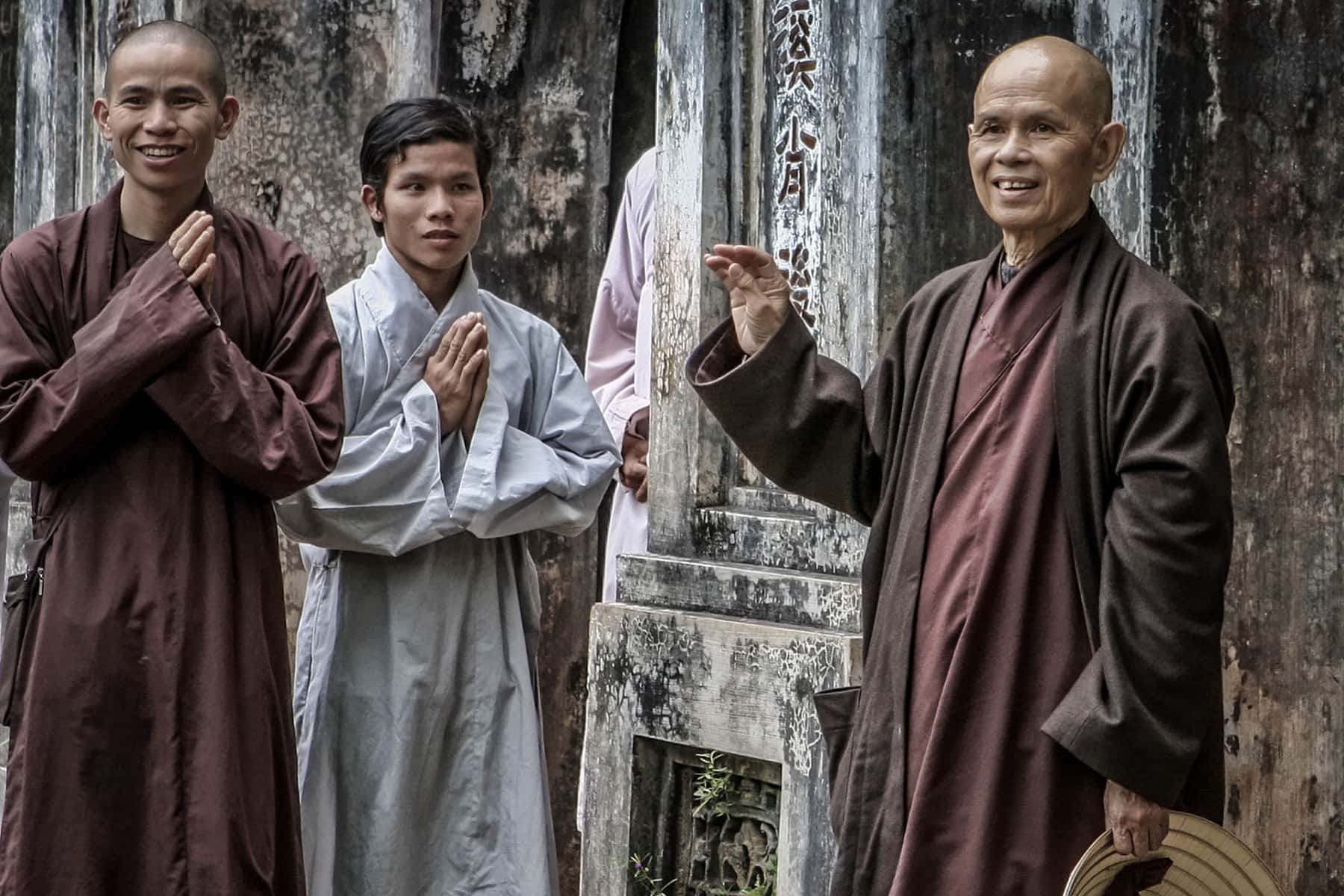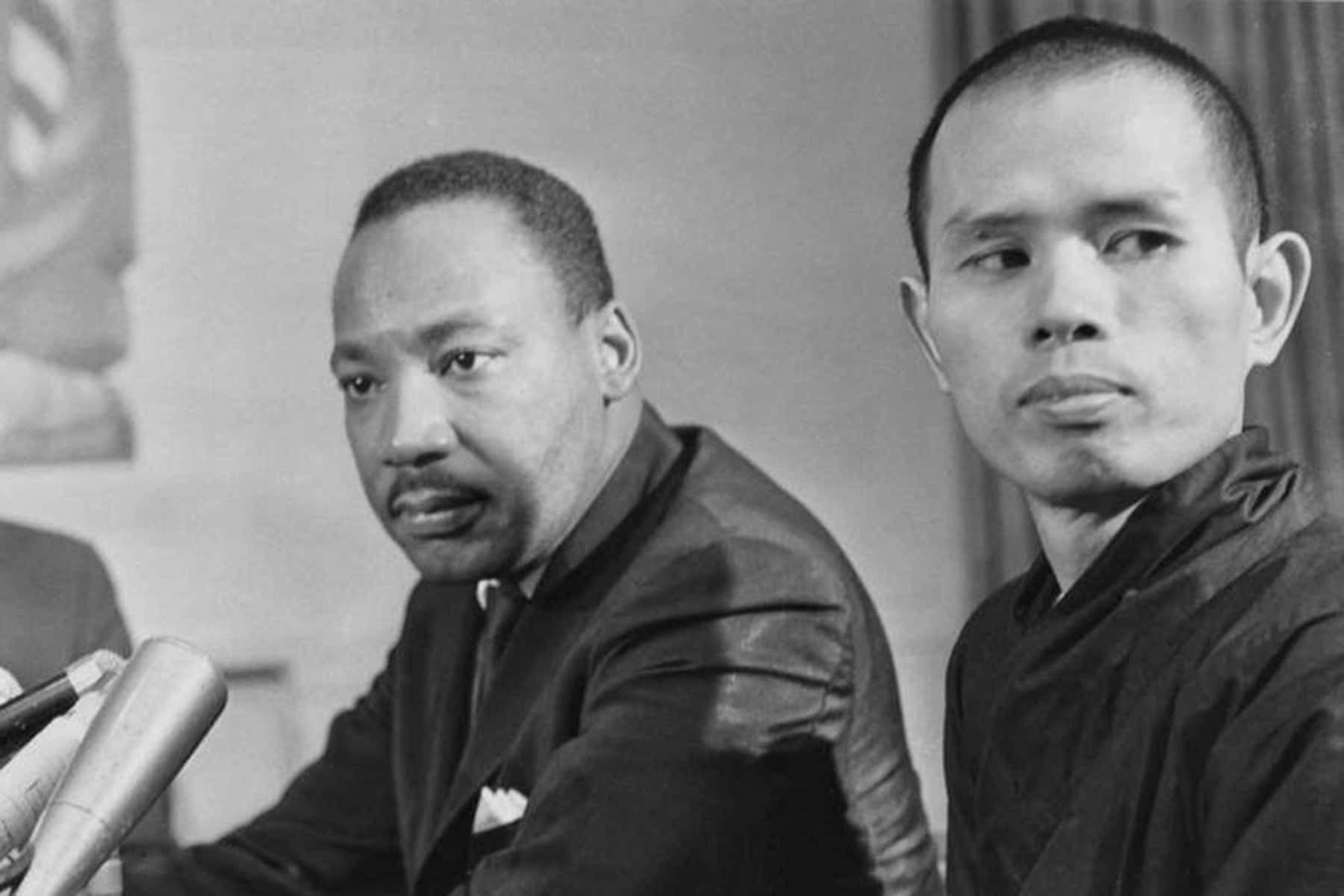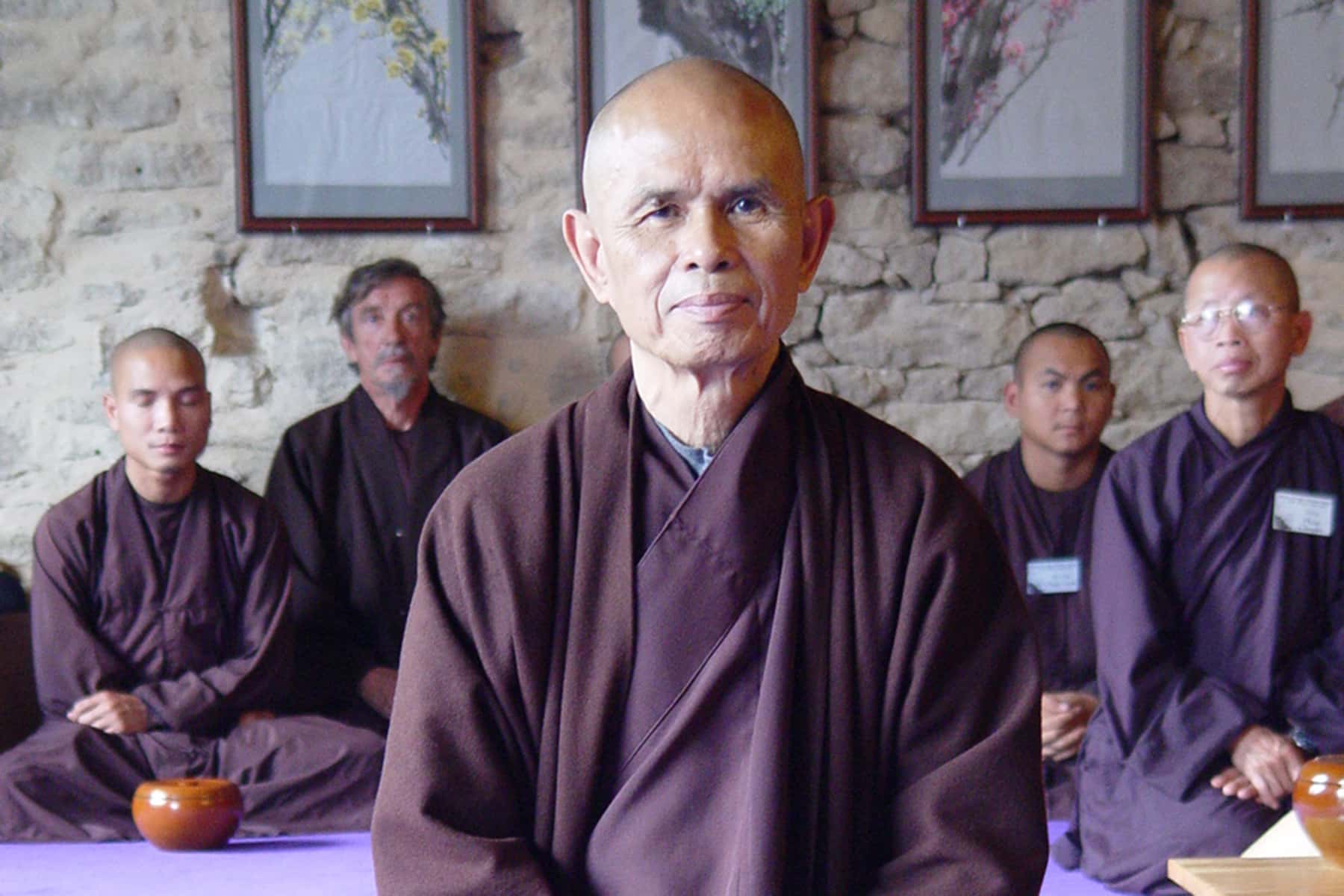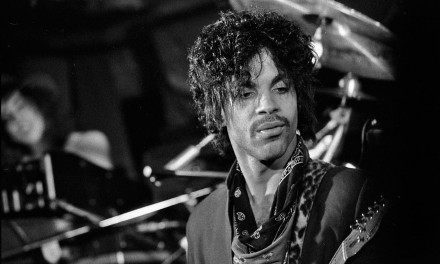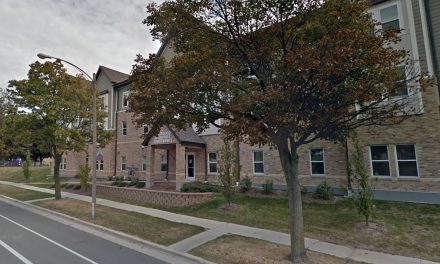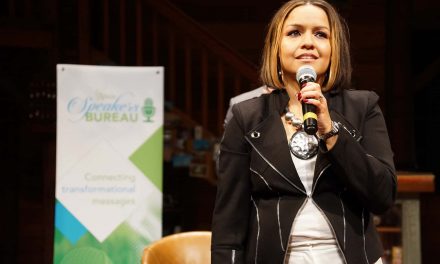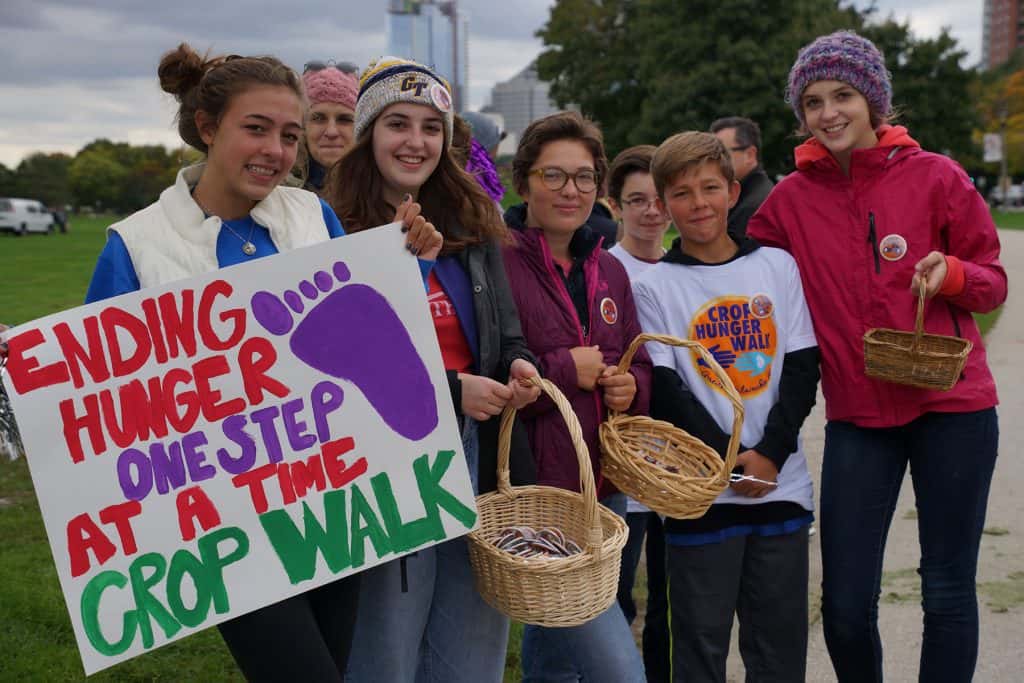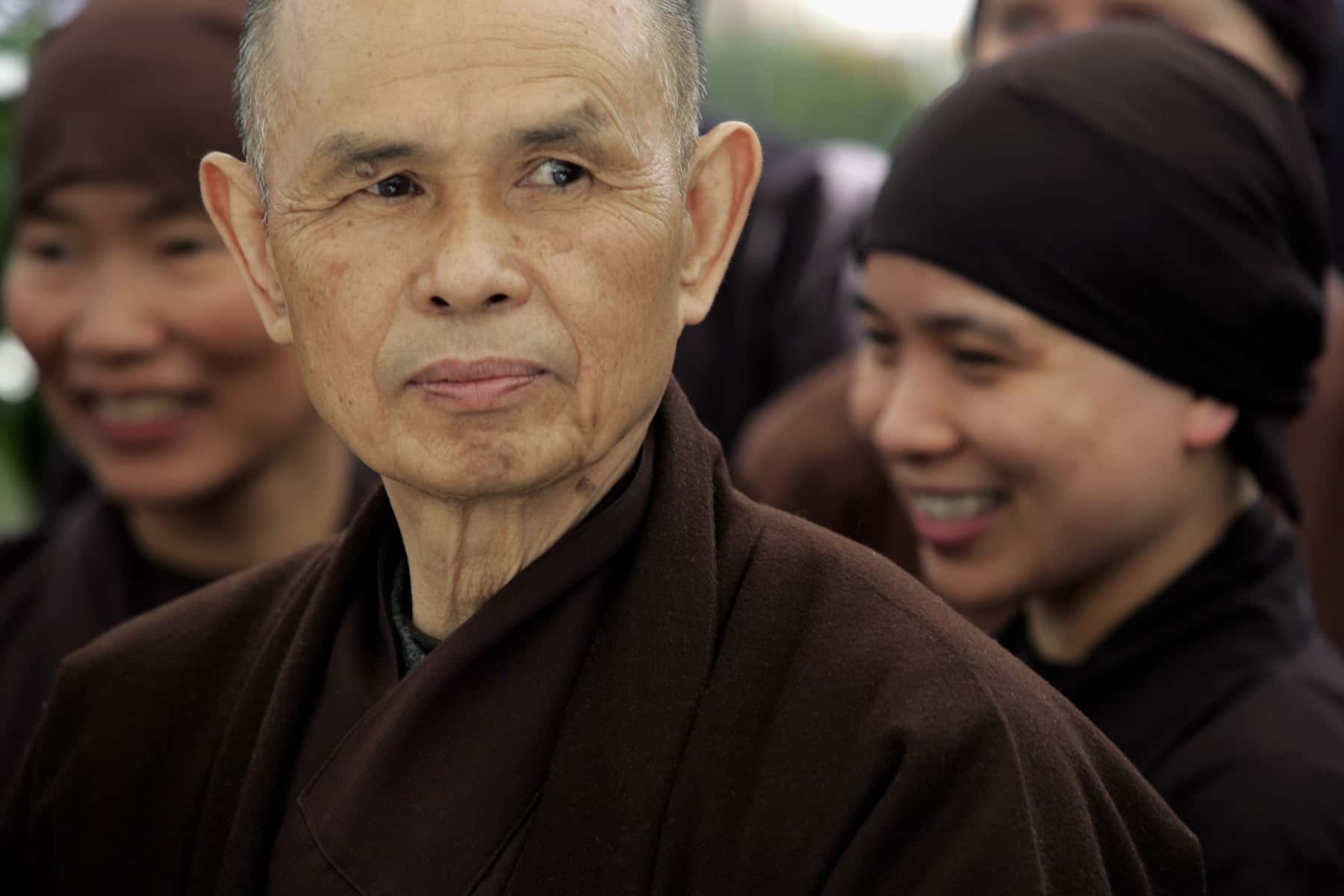
Zen Master Thich Nhat Hanh, one of the world’s most influential spiritual leaders and pioneer of the modern mindfulness movement, died on January 22 at the age of 95. I had the unexpected honor of meeting him in my youth. That brief encounter and his insightful teachings had a direct influence on the course of my life.
I owe the early formation of my adult Christian faith to Master Thich Nhat Hanh, and his book Living Buddha, Living Christ. Setting aside the very long and personal story of my theological background for another time, as a young adult in the winter of 1995 I really struggled to find inner-peace. The instruction I eventually found came from the most unexpected place.
As a young Christian, I understood that many of the foundational teachings of the religion were about having peace through faith. But I always worried and felt anxiety, and had no role models who were any different.
From my observations, it seemed that being a Christian meant there was no escape from being neurotic – or a hot mess as they say today. Every Christian I knew then was unhappy and absolutely full of fear. That kept me wondering why people from Eastern religions seemed to have the kind of inner peace that I craved.
I eventually discovered a Buddhist temple on the Southside of the city, converted from an old school. It was founded by Milwaukee’s Vietnamese community, so I was intrigued by both faith and culture. My father was a Vietnam War Veteran, and I grew up in the shadow of that conflict’s aftermath. So I attended the Vietnamese temple each week for about year, learning about Buddhism and Vietnamese culture. Prayer services were only conducted in Vietnamese, and I struggled to learn the language. I had a particularly difficult time because of its tonal structure.
But that experience was very pivotal for my life and faith. By 1996, I would visit Vietnam, and by the end of the decade I would completely move overseas and live in Asia. In 2019, I wrote about my trip to Saigon in the article 44 years after the Fall of Saigon: Fathers, footsteps, and photos from Vietnam 22 years ago.
What I did not talk about in that essay was any of my faith journey prior to that, or my friends in Milwaukee’s Vietnamese community who inspired the trip. Like their generosity to teach me about their culture, sharing their food, and living their Buddhists faith as an example.
One of my treasured memories from that time was when I met Thich Nhat Hanh.
I had remained a Christian and made no secret of that while I worshiped at the Buddhist temple and studied the teachings. I was sincere in my efforts, because I applied those lessons to my faith. At the time, and even now, I felt American Christianity taught very little about the spiritual nature of God. The Holy Trinity seemed to focus more on the Father and the Son, and the Holy Ghost was just there because.
Buddhism eventually taught me to embrace my spiritual nature, to be more mindful, to live in the moment, and to understand that the spirit of God lives in all of us – even the people who I would prefer to dislike. It also helped me to understand the impermanent nature of my life.
It was the summer of 1996, a few months before the trip I had planned to circumnavigate the globe. I joined with Buddhist youth organizations from Wisconsin, Illinois, and Minnesota who were gathering for a three day camp in Central Wisconsin. I do not remember the location, but we were far enough from Milwaukee that I could see the night sky clearly. I had not been able to view so many stars in the pure black heavens since I was a little kid on the farm down South. It was a very spiritual retreat.
Everyone who attended was ethnically Vietnamese, so nearly everything spoken was done in Vietnamese. I could only understand maybe one in twenty words. But I followed along with the activities, and someone would give me instructions in English when I stumbled – which was often.
By the third day I was fairly tired. Not just my body from being outdoors, but my brain from trying to absorb language and cultural information. The last big event was a speech by a special guest, Thich Nhat Hanh. I knew nothing about him, except that he was making a special trip from California to speak with us.
It had rained hard the day before, so the air was humid and the ground still damp. We sat on blankets in a clearing in the woods. Several hundred members of the various Buddhist groups from all three states were there, surrounding where Master Thich Nhat Hanh sat in the middle – on a small platform that slightly elevated him for us to see him better.
I was exhausted and fatigued and trying to stay awake. I was the only White person there, so I stood out and had been aware of being observed by everyone. I listened to Thich Nhat Hanh speak in Vietnamese for about two hours. Everyone sat there quietly as they listed to his gentle and calm voice, and I found the rhythm of his speech to be soothing.
So soothing, in fact, that it was putting me to sleep. I remember beginning to nod off and then my head snapped up straight involuntarily. Suddenly, I could 100% understand what Thich Nhat Hanh was saying. I was very excited about the revelation, but also embarrassed because my reaction was so noticeable.
It was almost cartoonish how my head whipped up so fast to look at the master, only to discover he was looking directly at me from across the crowd – the only White guy there. Our eyes locked. And it was then I realized why I could understand him. I had not finally learned Vietnamese from osmosis.
Thich Nhat Hanh had switched to speaking in English. And he was speaking directly to me.
I wish I could remember what he said, but I remember how what he said made me feel – at peace. After he finished speaking and we all stood up, he was surrounded by the crowd for a time. Then magically I was right in front of him. Thich Nhat Hanh offered me a copy of his book, “Living Buddha, Living Christ” along with some very kind words.
Thich Nhat Hanh was a very humble man, small in stature but with a commanding faith. I read his book when I returned to Milwaukee, and wish I could have comprehended more of it. But it helped me make sense of much that I had been exposed and had been unsure about how to process.
His teachings also planted the seeds that I needed to incubate as my faith journey continued. I would think of him later, as I studied Zen Buddhism at one of the most ancient temples in Japan, Kenchō-ji. My regret is that I did not learn more about the Zen Master, or ever try to contact him to share my deepest appreciation for his teachings.
Thích Nhất Hạnh passed away peacefully at Từ Hiếu Pagoda in Huế, Vietnam, the same monastery where he ordained as a monk 80 years ago. A prolific author and poet, Thich Nhat Hanh wrote over 100 books, translated into over 40 languages. Over five million have sold in the United States alone. Bestselling titles include The Miracle of Mindfulness: An Introduction to the Practice of Meditation, Peace is Every Step: The Path of Mindfulness in Everyday Life, Anger: Wisdom for Cooling the Flames, How to Love (Mindfulness Essentials), and just a few months ago Zen and the Art of Saving the Planet.
Often called “the father of mindfulness” who sowed the seeds of the mindfulness revolution, Thich Nhat Hanh taught many of today’s leading mindfulness teachers, and developed healing methodologies that are incorporated into mainstream clinical psychology to treat depression, anxiety, and stress.
Thich Nhat Hanh has influenced leaders in the fields of politics, business, social justice, and environmental action. He has spoken at the U.S. Congress, the U.K. Parliament, the Indian Parliament, and the Northern Ireland Assembly. His teachings have been credited with giving strength and inspiration to people all over the world. Walk With Me, the documentary about his life narrated by Benedict Cumberbatch was released in 2017 and sold out in cinemas across Europe.
Thich Nhat Hanh first came to international prominence in 1966, when he arrived in the West to call for an end to the Vietnam War. He befriended Dr. Martin Luther King, Jr., and played a pivotal role in the decision of the civil rights leader to speak out against the war. In 1967, Dr. King nominated Thich Nhat Hanh for the Nobel Peace Prize calling him, “an apostle of peace and nonviolence.”
Because of his peace work and refusal to choose sides in his country’s civil war, both the Communist and non-Communist governments banned him, forcing Thich Nhat Hanh to live in exile for over 40 years. He returned only in 2018 to spend his last days in his home temple. His work is continued by the International Plum Village Community of Engaged Buddhism which he founded, a global grassroots network comprising more than 1,000 local mindfulness groups, dozens of meditation centers, and ten monasteries in the United States, Europe, and Asia.
His practice centers, home to over 700 monks and nuns, represent the fastest-growing Buddhist monastic order in the West, and receive tens of thousands of visitors every year. Thich Nhat Hanh’s monastic and lay followers continue to apply his teachings on mindfulness, peacemaking, and compassionate dialog in schools, workplaces, businesses, and prisons.
“It is difficult to overstate the importance of Thich Nhat Hanh’s role in the development of Buddhism in the West, particularly in the United States. He was arguably the most significant catalyst for the Buddhist community’s engagement with social, political, and environmental concerns.” – Joan Duncan Oliver
When I learned that Thich Nhat Hanh had died, I felt it was important to talk about his influence on my life, with gratitude and fondness. A simple Vietnamese monk’s visit to Milwaukee was an unexpected part of the process that helped me to become the kind of Christian I had aspired to be. A Christian who keeps learning and growing and striving to shine my light regardless of the surrounding darkness.
“There is a misconception that Buddhism is a religion, and that you worship Buddha. Buddhism is a practice, like yoga. You can be a Christian and practice Buddhism. I met a Catholic priest who lives in a Buddhist monastery in France. He told me that Buddhism makes him a better Christian. I love that.” – Thich Nhat Hanh
Lее Μаtz
Pеtеr Krаmеr, Pаul Dаvіs, Hоаng Dіnh Nаm, and International Plum Village Community of Engaged Buddhism

